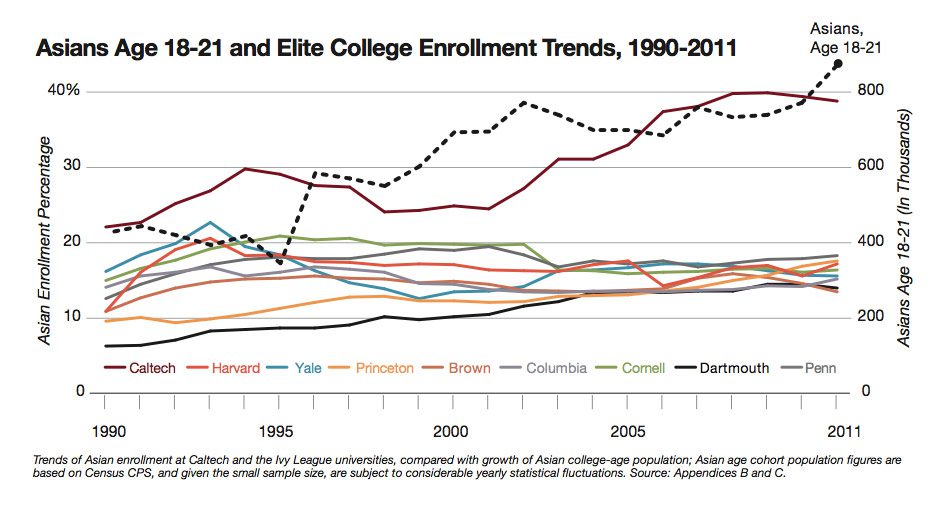*********************************************************************************
As Biology is my favorite subject in school, I have always
read and done further research in my free time. Among all the research that I
have learned, the first case of successful gene therapy on a four-year-old girl
named Ashanti DeSilva in the 1990s left me excited and unsettled at the same
time.
Ashanti was suffering from Severe Combined Immunodeficiency
(SCID), a genetic disease whereby her immune system was weakened. Patients
suffering from this disease usually have to live in a ‘bubble’, in which
everything is sterilized to prevent attacks from even the least harmful
bacteria. By gene therapy, functional genes were inserted into the white blood
cells which were removed from her body. These cells were later on reintroduced
into her bloodstream. She responded well to the treatment, at least temporarily.
University student created video on Ashati DiSilva
The project has both impressed and unsettled me. It excited
me for I can see a ray of light in the medical field that flashes hope to
patients with seemingly no cure. This success has proved that science can
divert what nature has created through modern technology. However, it has also
left me deep in thought to wonder about the possible outcomes in the future.
Genetic modification can have unintended consequences. Would we humans simply
use this breakthrough to cure diseases, or would our greed cause us to abuse
the power of modern technology to satisfy other desires? Would it destroy the
natural cycle of life and God’s plans for human beings? There seems to be
challenges in front of us in the future as this breakthrough has left both hope
and dread in the medical field.
Questions:
Is this an effective essay? Why or why not?
This student has completed research in the field of biology.
Does this essay support her future promise as a research scientist or a physician?
Should a student submit an essay about which the admission
reader might have strong feelings that might not agree with the writer?
If your answer is yes, are you aware of all the research demonstrating that humans
carry out unconscious bias against people who have ideas that are at odds with
their own?
If the data I have just cited is accurate, does this mean
that a student submitting an essay should do as much data-mining as possible on the regional
person in charge of applications from her State or country?
Should all students do such research in order to make sure they are
not hurting their chances by submitting an essay at odds with their gatekeeper?
Do you think admissions officers tell the truth about admission policies?
A recent study that surveyed biologists who have been named
to Academy of American Scientists revealed that 92% of them are atheists. Does
the information the student provides abut her ethical issues demonstrate that
her chances of rising to the top of this field are severely limited by her
religion? Why or why not?
Should predictive data about student performance be used in
admission at highly selective schools? If yes, what predictive data should be used and what data should be overlooked?
Would you use gene therapy to help your own child? Would you
judge others negatively if they chose not to do the same? Are you sure?



No comments:
Post a Comment